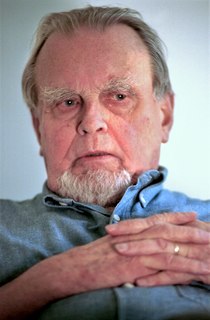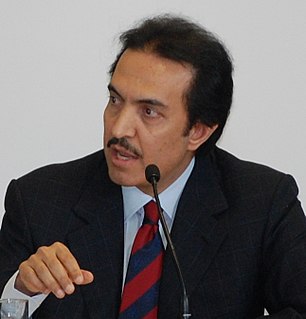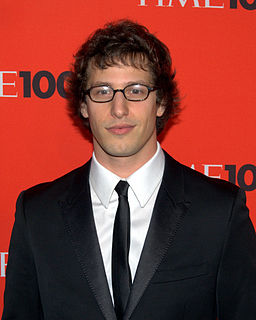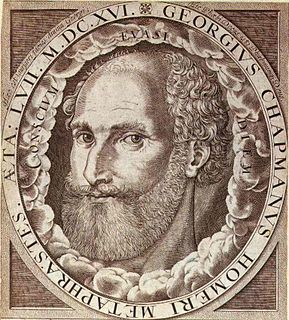A Quote by Iain McGilchrist
The human genome contains so much data that, it has been calculated, it would fill 43 volumes of Webster's International Dictionary.
Quote Topics
Related Quotes
I can hardly believe that I even know this, but I am aware that Noah Webster's original dictionary, apart from being the first truly American lexicography, was a kind of line in the sand. It claimed a very discrete, American form of the English language, explicitly to compare it to the English of our erstwhile colonial masters who had been operating under Dr. Johnson's dictionary rules for well over a century.
The question is, are there useful things that we can do with the results of a genome sequence that would bring benefit? And the answer is, today, should the majority of people go and have their genome sequenced? Probably not. But are there particular circumstances in which genome sequencing is really helpful? Yes, there are.
Fandango was around before the Internet. Fandango is a Spanish-American dance. It's a lively tempo dance. It's almost like the tango. That's what it says in the Merriam-Webster [dictionary]. The second entry is [defined as] 'tomfoolery.' That's what it says in the dictionary, that's what I go by. I remember Queen saying it too on 'Bohemian Rhapsody.' When I was little I never understood what they meant by 'do the fandango.
As a Christian, but also as a scientist responsible for overseeing the Human Genome Project, one of my concerns has been the limits on applications of our understanding of the genome. Should there be limits? I think there should. I think the public has expressed their concern about ways this information might be misused.






































